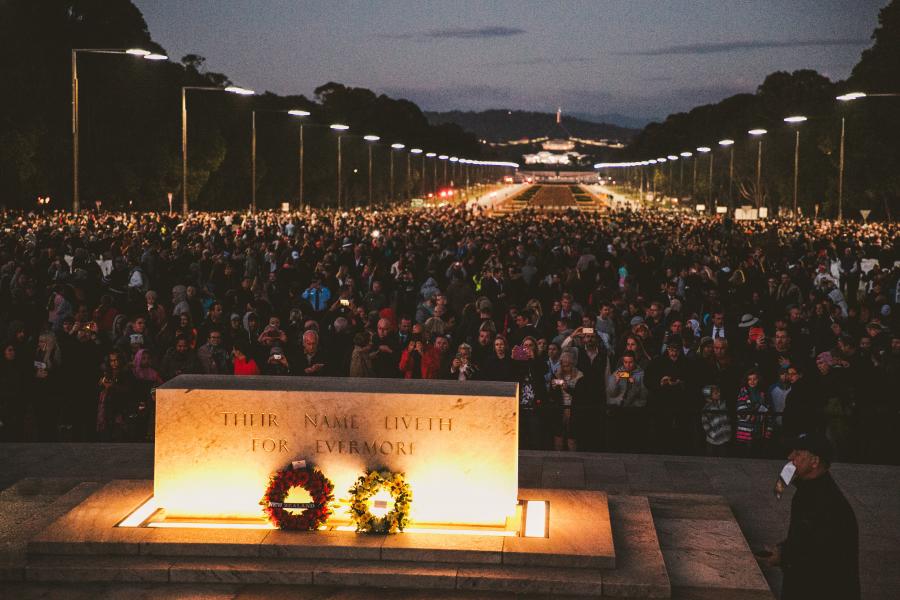When is ANZAC Day Celebrated? A Parent’s Guide to Understanding Its Significance
Hey there, super parents! Are you gearing up to introduce your kiddos to the solemn yet significant day known by Aussies and Kiwis as ANZAC Day? Whether you have a deep connection to this important commemoration or are new to its observance, we’re here to guide you through its meaning, traditions, and why it’s important for our younger generation to understand this day of remembrance. So, put on your learning hats, and let’s delve into the heart of ANZAC Day!
What is ANZAC Day?
ANZAC Day is one of the most significant national days of remembrance in Australia and New Zealand. ANZAC stands for Australian and New Zealand Army Corps, which fought bravely at Gallipoli, in Turkey, during World War I. The day is commemorated each year on April 25th to honor the sacrifice and courage of those who served and died in all wars, conflicts, and peacekeeping operations.
Why April 25th?
The date of April 25th was chosen because it marks the anniversary of the Gallipoli landing in 1915. This campaign was one of the first major military actions undertaken by the Australian and New Zealand forces during the First World War. The objective was to capture the Gallipoli peninsula to open the Dardanelles to the allied navies. Unfortunately, the campaign was a costly failure, with significant casualties for both the ANZACs and the Ottoman Empire. Today, the efforts of the ANZACs are remembered for their valiant bravery and are a source of national pride for both Australians and New Zealanders.
Celebrating ANZAC Day
ANZAC Day starts with commemorative services at dawn – the time of the original Gallipoli landing. Parents, this could be a poignant time to take your older children to feel the solemnity and reverence of the occasion. The day continues with various national ceremonies and parades, featuring veterans, current service members, and often their families. It’s a day filled with reflection, gratitude, and a sense of unity.
Teaching Kids About ANZAC Day
As parents, we play a critical role in teaching our children the values of courage, mateship, and sacrifice that ANZAC Day embodies. It’s not just about a day off school or work; it’s about understanding the fabric of our shared history. Engage in family conversations, watch documentaries or attend local ANZAC events to impart the stories of bravery and selflessness that define this day.
Stay tuned as we take a deeper dive into the traditions of ANZAC Day, how we can meaningfully involve our children in its observance, and ways to keep the spirit of the ANZACs alive for future generations.
Remember, the spirit of ANZAC is all about remembering the past and looking forward to the future with hope and resilience. So, let’s ensure our young ones can carry this torch of remembrance with the dignity and respect it deserves. Stay with us as we explore how each of us can contribute to this legacy starting at home – because every story of the past shapes the leaders of tomorrow.

5 Things Parents Should Know in Preparing for ANZAC Day
1. Understanding the History and Significance
Before ANZAC Day arrives, take some time to educate yourself and your family about the history. Knowing why the day is observed helps instill respect and significance in the celebrations. Start with simple facts about the ANZACs and the Gallipoli campaign and discuss the impact the event had on families in Australia and New Zealand.
2. Participating in Dawn Services and Parades
One significant way to commemorate ANZAC Day is by attending the dawn services that take place in cities and towns across Australia and New Zealand. If attending a service, prepare your children for what to expect, such as moments of silence and the laying of wreaths. You can also watch parades that feature military personnel and veterans.
3. Crafting Poppy Pins and Wreaths
The poppy is a symbol of remembrance and making poppy crafts can be a gentle way to introduce younger children to the concept of remembering the ANZACs. Simple activities like coloring poppy printouts or creating wreathes can inspire meaningful conversations about the day.
4. Baking ANZAC Biscuits with a Story
ANZAC biscuits have a rich history, as these were originally made by wives and sent to their husbands serving in the war because they stayed fresh for the journey. Baking these with your children can be a delightful way to connect them to the tradition and the history. Share the story behind these biscuits as you bake, making it an educational and yummy experience!
5. Educating Through Stories and Media
Children’s books, documentaries, and movies about ANZAC Day can be very educational tools. They often tell personal stories that kids can relate to, helping them to understand the bravery and sacrifice of service members. Review any media first to ensure it’s age-appropriate and use it as a conversation starter.
Conclusion
As ANZAC Day approaches, remember to approach the subject with sensitivity and respect. It’s a fantastic opportunity to teach our children about history, bravery, and the sacrifices made for the freedoms they enjoy today. Let each activity, whether it’s attending the dawn service, baking biscuits, or making crafts, be a chance to honor and educate. By doing so, we ensure that the legacy of the ANZACs will be respectfully passed on to our little ones – the caretakers of our future.
See more great Things to Do with Kids in New Zealand here. For more information see here
Disclaimer
The articles available via our website provide general information only and we strongly urge readers to exercise caution and conduct their own thorough research and fact-checking. The information presented should not be taken as absolute truth, and, to the maximum extent permitted by law, we will not be held liable for any inaccuracies or errors in the content. It is essential for individuals to independently verify and validate the information before making any decisions or taking any actions based on the articles.




